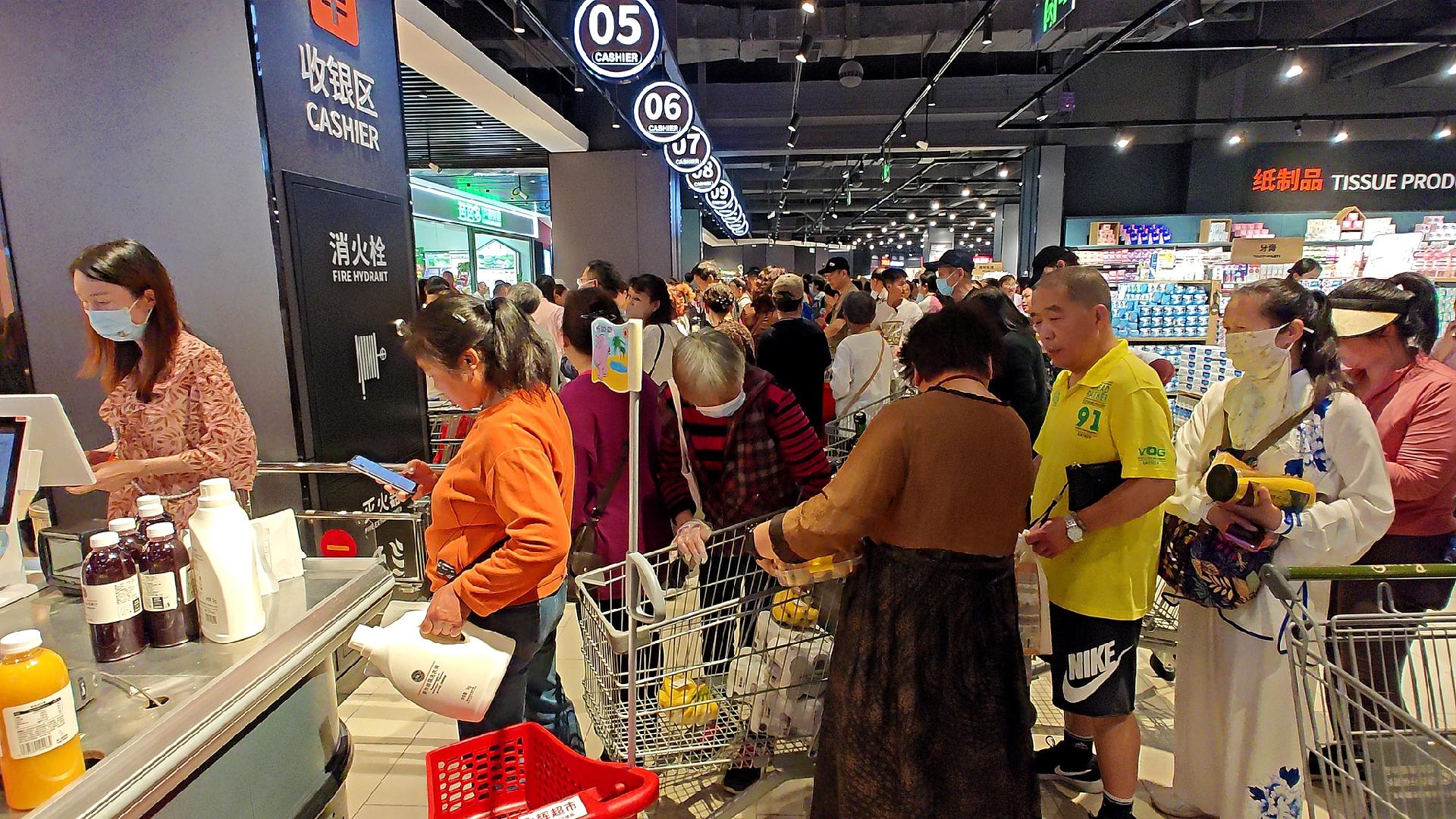Expert Says Chinese Exporters Turning to Domestic Market is a Proactive Strategy
In response to the U.S. abuse of tariffs, Chinese government agencies, associations, and enterprises are actively supporting foreign trade companies in exploring opportunities within the domestic market.

Recently, the China General Chamber of Commerce, together with six other national trade associations, released a joint proposal encouraging grocery chains, department stores, e-commerce platforms, and wholesale markets to create "green channels" for exporters. These channels would feature dedicated retail zones and promotional events designed to highlight export-quality goods.
An expert noted that this initiative represents a proactive approach to addressing shifts in the global economic landscape, with the goal of harnessing domestic demand through supply-side reform.
Last year, China's total retail sales of consumer goods reached 48.79 trillion yuan, a figure significantly exceeding its exports to the United States. This extensive domestic market has proven to be a vital support system for foreign trade businesses.
Leading industry players reacted quickly to these initiatives. For instance, JD.com committed to purchasing at least 200 billion yuan worth of goods transitioning from export to domestic sales over the next year, alongside plans to expedite the development of a system dedicated to this conversion.
Kong Xiangying, vice president of JD.com, stated that the company will establish a specialized purchasing and sales team to operate on-site, directly acquiring high-quality products from foreign trade enterprises and creating a designated area for premier foreign trade offerings.
Additionally, JD.com will offer comprehensive training, boost subsidies, and provide various resources to assist foreign trade enterprises in settling onto its platform, facilitating their swift entry into the domestic market, as per Kong's comments to CMG.
Discussing the importance of the country’s efforts to enhance pathways for converting foreign trade into domestic sales, Wan Zhe, a professor at Beijing Normal University, indicated that this represents a type of resource allocation optimization, which can foster consumption and income growth.
According to Wan, foreign trade enterprises typically demonstrate higher production efficiency and advanced technical capabilities. He noted that upon entering the domestic market, these enterprises could optimize the utilization of idle production capacity and enhance overall economic efficiency.
"This is not only an emergency measure to hedge against external risks, but also a necessary way to build an independent and controllable supply chain system," Wan remarked.
Considering the regulatory, distribution, and payment system variances between international and domestic markets, the question arises: how can export companies effectively penetrate the domestic market?
The Ministry of Commerce has suggested enhancing connections between domestic and foreign trade channels, brands, production and sales, and standards.
Local governments are also stepping up to provide assistance. For instance, Anhui Province plans to host an e-commerce platform investment promotion conference in April, while Fujian Province has released a document offering personalized support to traditional competitive export industries looking to enter the domestic market.
Wan highlighted the necessity of improving market research and consumer insights, along with adapting product design and marketing strategies to align more closely with domestic demand.
His second recommendation involved expanding sales channels through e-commerce platforms, offline supermarkets, and specialized markets to swiftly penetrate the domestic market.
Finally, Wan emphasized the importance of creating a cooperative system where the government enhances the business environment, platforms tackle market adaptation challenges, and industry associations facilitate ongoing coordination.
Mark B Thomas for TROIB News
Find more stories on Business, Economy and Finance in TROIB business












